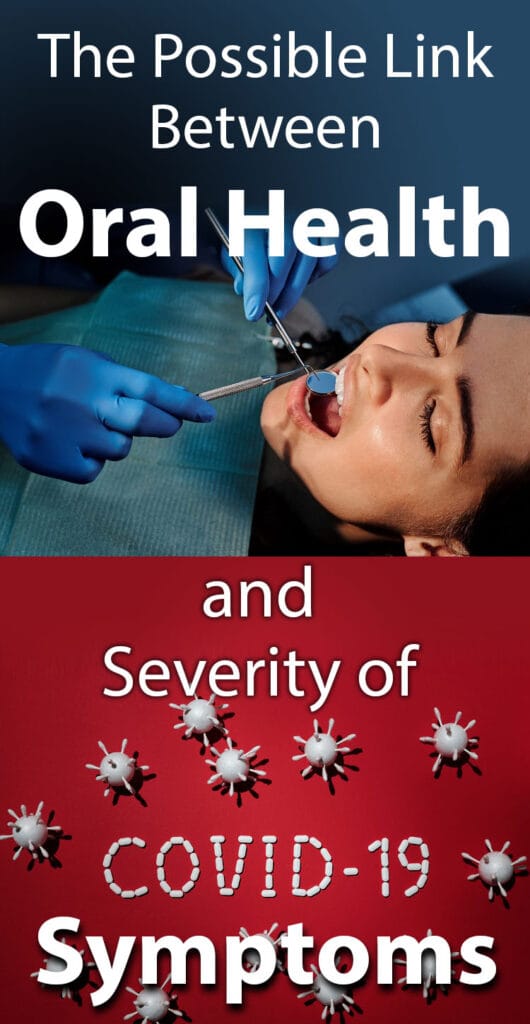When the World Health Organization (WHO) declared COVID-19 a global pandemic in early 2020, it readily emphasized that certain groups of people are at a much higher risk of developing serious symptoms once they contract the coronavirus that causes the disease.
People of any age can catch COVID-19, but the WHO has warned early on that older people are most at risk of severe illness.
Those with pre-existing medical conditions such as hypertension, diabetes, lung disease, heart disease, and cancer also appear to develop more severe symptoms than other groups.
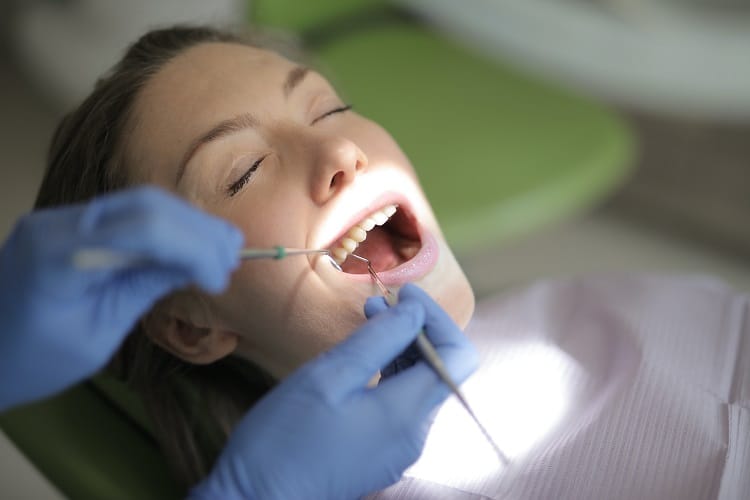
However, researchers are saying that there could be another risk factor for severe illness once infected with the coronavirus.
According to several studies, there is a possible link between oral health and the severity of COVID-19 symptoms.
High Levels of Oral Bacteria Could Worsen COVID-19’s Effects
COVID-19 may be a viral infection, but the authors of an article published in The British Dental Journal last year put forth the possibility that there may be a link between the disease and a high bacterial load in a person’s mouth.
The British Dental Journal article theorizes that high levels of bacteria could make the effects of the coronavirus that causes COVID-19 even worse.
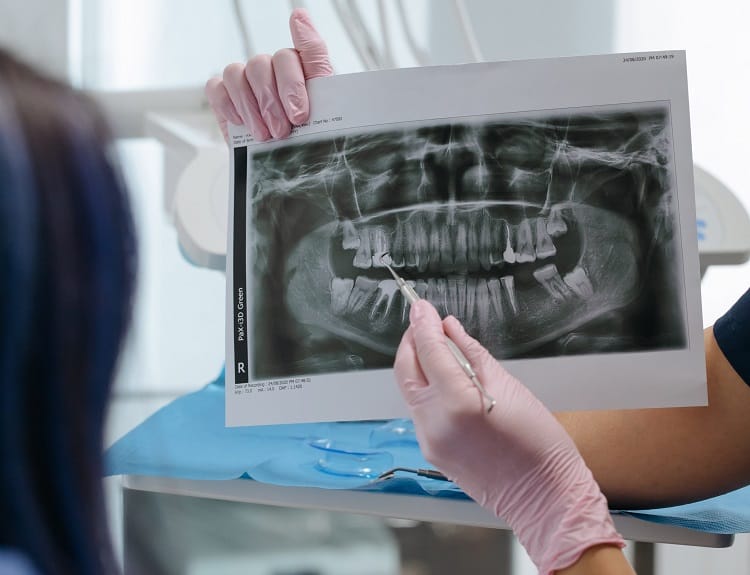
The fact that the mouth is a repository of pathogens such as bacteria figures into the stipulations of the article’s authors, who emphasized that there is a risk of COVID-19 patients aspirating high levels of oral bacteria into their lungs.
It’s also important to note that the presence of harmful bacteria in the mouth is often caused by periodontitis, a severe form of gum disease.
According to the authors, when oral bacteria find their way into the lungs, the patient’s body will respond and produce cytokines, which are immune system proteins that help our body fight off and kill infections.
The problem with the said immune system response is that it could trigger a cytokine storm, a situation where too many cytokines are released into the blood, and the body ends up attacking its own cells and tissues.
There were also papers claiming that COVID-19 patients with severe symptoms have a high concentration of cytokines in their system.
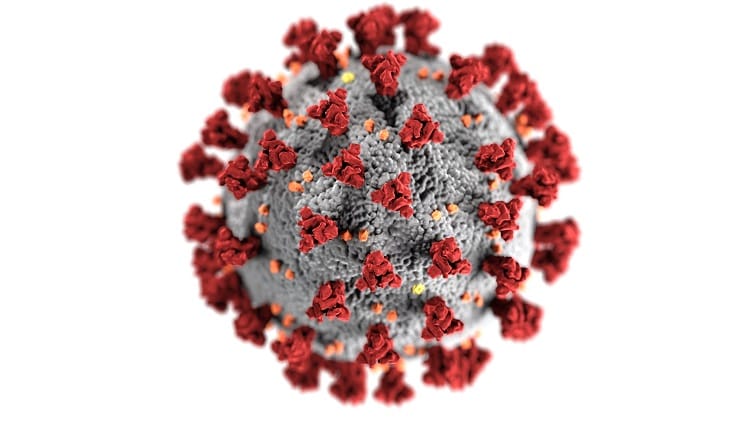
However, a more recent study downplayed the role of a wild immune response in the severity of a COVID-19 patient’s symptoms.
The study, conducted by Washington University School of Medicine in St. Louis and St. Jude Children’s Research Hospital in Memphis, Tennessee, says that only four percent of patients had extremely high levels of cytokine.
Qatar Study
Nevertheless, there is no shortage of research reinforcing the idea that oral health and the severity of COVID-19 symptoms are linked.
According to a study conducted in Qatar and published in the Journal of Clinical Periodontology (JCP), the official publication of the European Federation of Periodontology (EFP), periodontal disease is associated with more severe outcomes in COVID-19 patients.
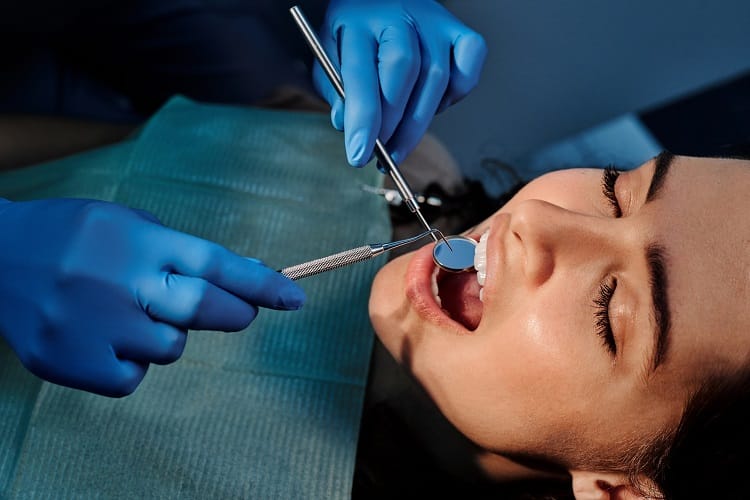
The case-control study involved more than 500 patients diagnosed with COVID-19. The team, composed of researchers from Qatar, Canada, and Spain, used medical and dental data from the State of Qatar’s national electronic health records covering the February to July 2020 period.
The research team’s findings are quite alarming. They found that COVID-19 patients with gum disease were 3.5 times more likely to be admitted into the ICU compared to periodontitis-free COVID-19 patients. They were also 4.5 times more likely to require assisted ventilation, and nearly nine times more likely to succumb to the coronavirus than those who did not present periodontitis.
Of the COVID-19 568 patients involved in the study, 258 were found to have periodontitis. Of that 258 patients with gum disease, 33 experienced complications, including admission to intensive care, needing assisted ventilation, or death.
On the other hand, only seven out of the other 310 patients who did not have periodontitis presented complications.
Still, the Qatar study admits that it has “clear limitations,” and that everyone should take its findings “with caution.”
The Importance of Proper Oral Hygiene
While there is a need for further research into the link between oral health and the severity of COVID-19 symptoms, the importance of observing proper oral hygiene can never be stated enough.
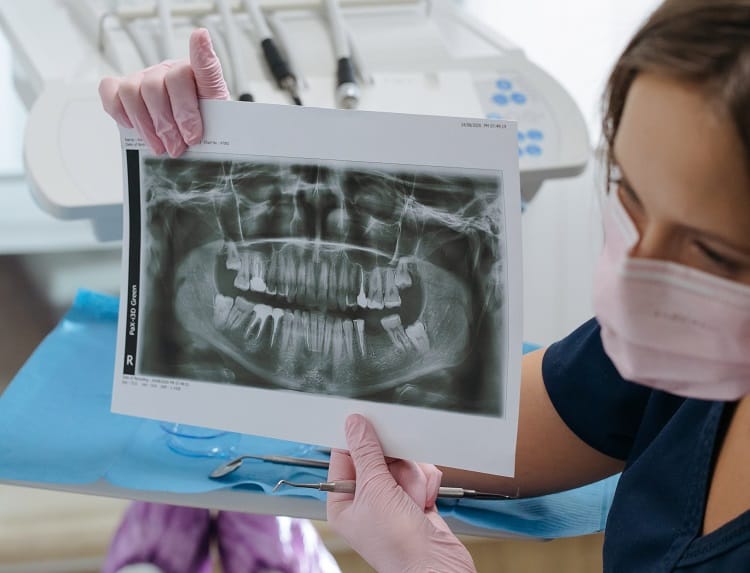
Oral health has always had a bearing on one’s overall health.
As mentioned above, the oral cavity is host to pathogens, including billions of bacteria. Most of these bacteria are harmless, but some can cause disease.
When practicing proper oral care like regular brushing, flossing, and visits to the dentist, we can keep the bacteria in our mouth under control.
Neglect dental hygiene and all that bacteria will grow uncontrollably until they cause tooth decay, gum disease, and other oral infections, all of which could require emergency dental care in the future.
When gum disease worsens into periodontitis, you need to know of its close association with medical conditions such as diabetes, heart disease, and cancer. You can add COVID-19 to that list once subsequent studies definitively establish the link between the state of a person’s oral health and how serious his or her COVID-19 illness would be.
Since just about everyone is at risk of contracting the coronavirus, we can stay on the safe side of things by observing proper dental hygiene on our way to better oral health.
Evaluating Your Oral Health
Aside from regular brushing and flossing, regular dental visits are an integral part of proper oral care.
However, if your next visit to the dentist is still a few months away and you want to evaluate your oral health now, here’s a simple checklist to help you do just that by yourself.
- Check teeth whiteness—You’re taking care of your teeth properly if they look naturally white when you look in the mirror. Avoid tobacco and teeth-staining foods and drinks to keep them that way.
- See if your gums bleed during brushing or flossing—Your gums are fine if there’s no bleeding during brushing or flossing. If it’s the opposite, you probably have gingivitis, a mild form of gum disease that indicates you may not have been observing proper oral hygiene practices religiously.
- Check your gums—Your gums must be pink and firm to the touch. Any reddishness, swelling, and tenderness mean you are at risk of gum disease.
- Check your tongue—A pink, clean, smooth, and flat tongue means it’s healthy. If all you see in the mirror is a discolored tongue with lumps and bumps, you might want to see your doctor at some point to find out if there’s something wrong.
- Do a breath check—If your breath has a naturally neutral smell, then you’re never remiss in your oral hygiene efforts, as all that brushing, flossing, tongue-scraping, and mouth-rinsing effectively remove the food particles and bacteria that cause bad breath.
- Test the sensitivity of your teeth—If drinking something hot or cold makes you feel a twinge of pain in your mouth, your teeth may be too sensitive, which means the enamel protecting your teeth is eroding. Protect your teeth enamel by practicing proper oral hygiene, avoiding a diet high in sugar and starches, and minimizing your intake of acidic foods and drinks.
Science may still have to associate oral health with the severity of COVID-19 symptoms irrefutably, but we don’t have to wait for that confirmation to start taking good care of our teeth and mouth.
About Dr. Salwin

Dr. Gary Salwin leads the Glendale Dental Group, Arizona. He and his team treat dental emergencies and perform a whole range of dental services. He has been practicing dentistry for more than 36 years.
